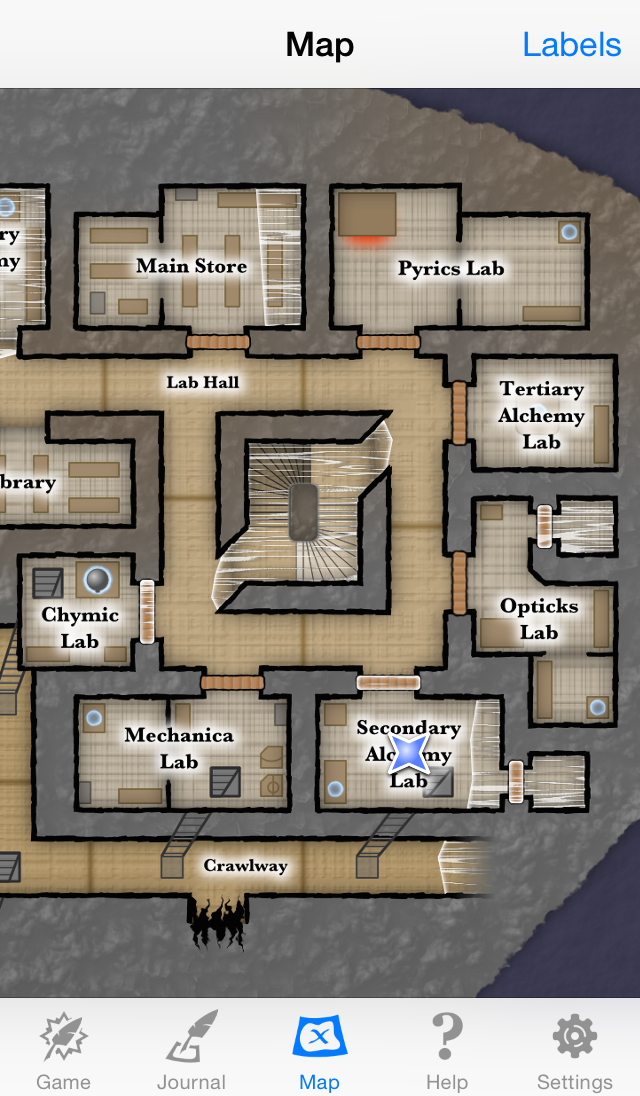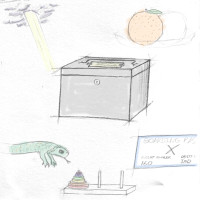Content Warning: Colonialism, Misogyny, Racism, Childhood sexual assault
I used to diligently keep up with “interactive fiction”, a game category that used to mean the same thing as “text adventure” but has broadened over time. At one point, it mostly included parser games (where you type things like TAKE DEVICE and EXAMINE VISTA) but is now also commonly used for hypertext games (Twine games and choose-your-own-adventures) and similar works. These days I see this sort of game often described as “text games”, which seems a fine enough label. I’ve fallen out of the habit of keeping up with the genre, and I’d like to get caught up.
The most well-known IF awards competition is, appropriately, the Annual Interactive Fiction Competition, or IFComp, an event initiated in 1995 with the express intention to encourage new works of IF. The IFComp, however, is focused on works which can be played in two hours, there’s a tradition of well-known authors using pseudonyms, and it only collects games submitted newly to the Comp. That means it’s not quite comprehensive in the way I’m looking for.
The actual premiere in-group awards competition for IF is the XYZZY Awards, a relatively obscure ritual mostly open to dedicated practitioners of the medium. It tends to have nominators, nominees, and voters that are super-dedicated to text-heavy works that are in conversation with the canon of parser and hypertext works that were historically discussed on the Usenet group rec.games.int-fiction. Yes, this is a community so old that it’s defined by a technology that was obsolete by 2005 or so.1
When I look at the XYZZY Awards, the last year that I remember playing most of the winners was 2005, although that was helped by how that year’s awards were swept by Jason Devlin’s “Vespers”, which won four of the ten categories. I also remember playing “Mystery House Possessed” by one of my personal favorite authors, Emily Short, which won Best Use of Medium in that year. That means that, in my quest to catch up with the past decade and a half of IF, I’ve chosen to start with 2006.
Continue reading IF Retrospective: The 2006 XYZZY Awards
